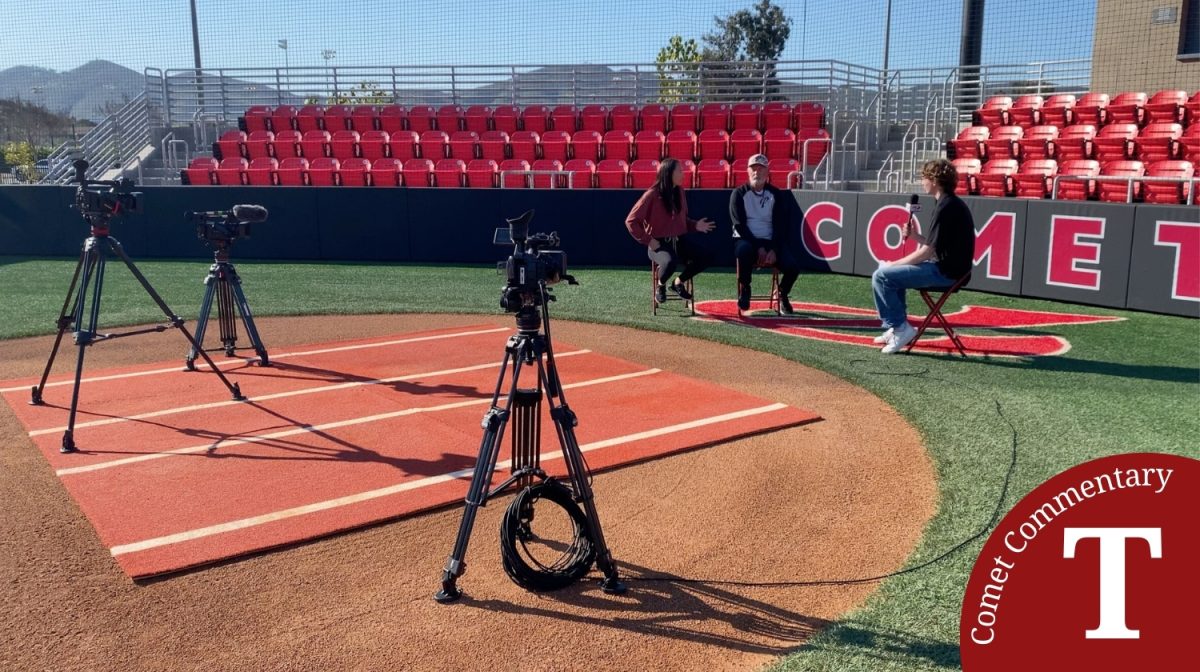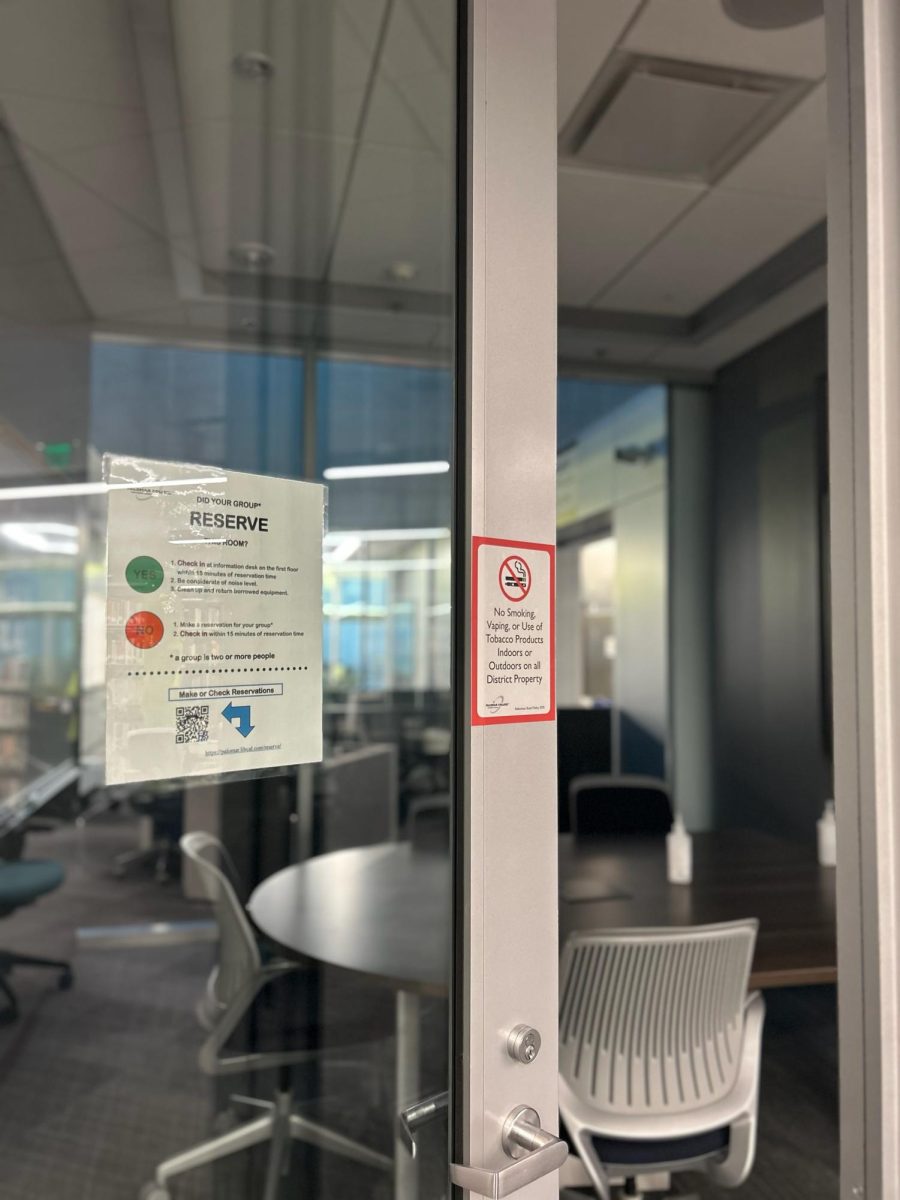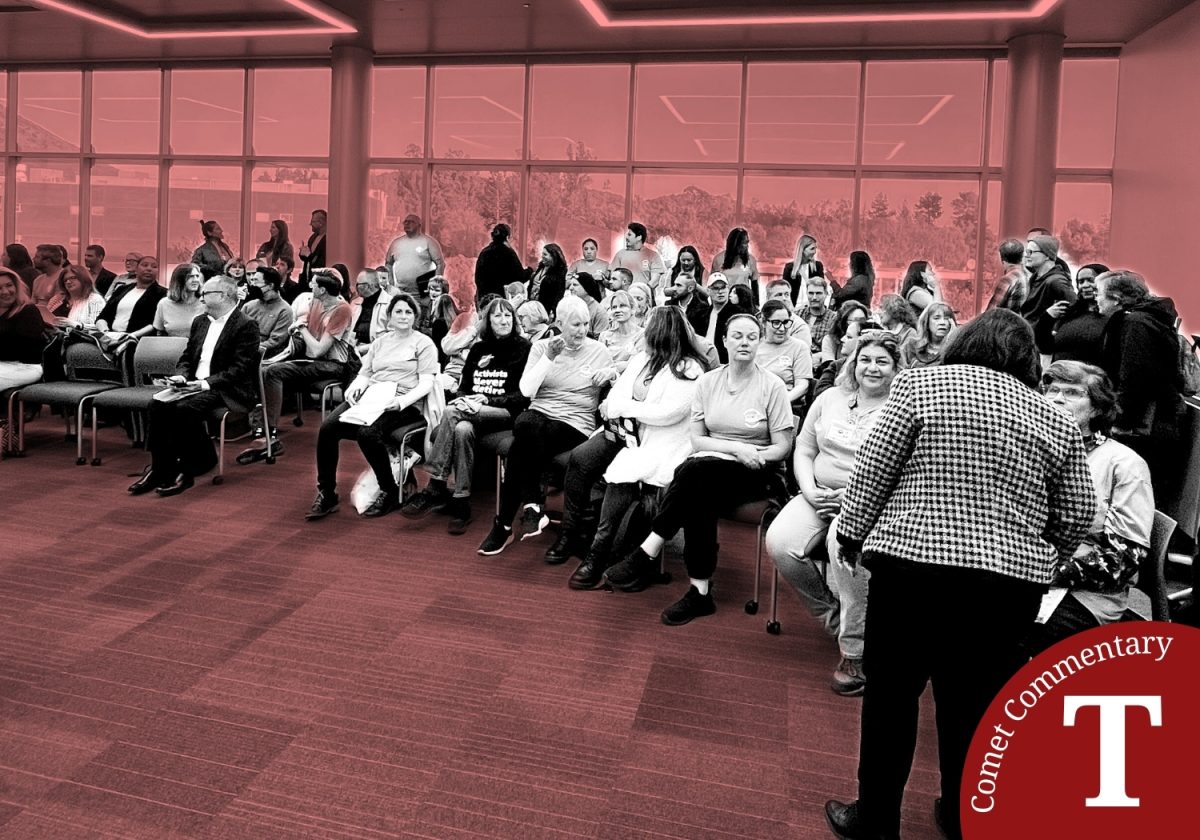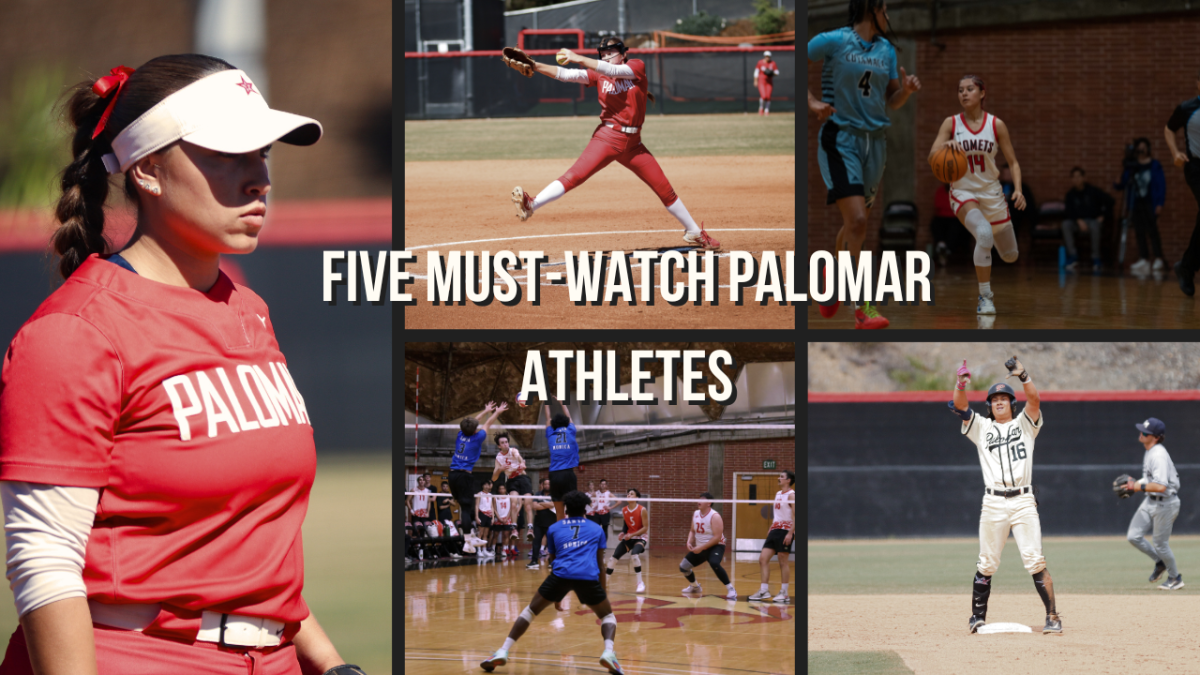Public high schools herd students through the public education system like cattle.
Graduates of public high schools tend to lack readiness for college and the real world in general because of the many problems within the public education system, particularly the way that students advance by achieving the bare minimum.
The transition between walking onto a stage wearing a cap and gown, and stepping onto a new college campus is quick for most people. As a result, incoming college freshmen are assaulted with vastly higher expectations.
In my four years of attending a public high school, I witnessed several cases in which teachers treated students like a collective burden that is too dim-witted to be worth teaching more than the basic curriculum requires.
My freshman year teacher of a success skills class congratulated me for earning a 100 percent score on a binder check. Is this seriously considered congratulatory work?
There needs to be higher expectations set for students in public high schools if the majority of their students are going to have a chance of a successful start in college. However, currently expectations are only being set at a reasonable level for students who take advanced placement (AP) classes.
That being said, of course AP classes are at a higher level since a successful AP score earns a student college credit. However, even with less difficult standards, there needs to be a middle ground between college-level classes, and classes overseen by the babysitters whom are referred to as teachers.
For a start, teachers should be stricter regarding accepting late work, and only accept it under extenuating circumstances such as health reasons that make them legitimately unable to meet a deadline. While a few high school teachers do this already, too many remain flexible, which is not helpful to students in the long run.
The expectation in college is typically no late work, so students, soon to be young adults should not get passed so easily with only half an effort. In addition, the frequency of tolerance of work with little effort put into it is unacceptable.
By passing students based on completion rather than quality, teachers send the message that it is fine to get by without actually comprehending anything. Allowing students to believe this makes them automatically doomed to fail classes in college unless they quickly adapt to the difference.
So why leave high school students to be slapped in the face by the new reality of college expectations, rather than just preparing them ahead of time?
Unfortunately, teachers are so driven by fear of losing their jobs that they hardly dare failing a student who deserves it. I recall that upon learning that my 12th grade English teacher issued a detention to anyone who did not turn in completed homework, I could hardly believe what I was hearing. Did 17/18 year olds really need that incentive?
At most, these students were a year away from beginning college. College students have no incentive other than their own motivation (and money). At this point, it is a necessary skill for students to have the ambition to succeed on their own accord and take responsibility for their success or failure.
In a perfect world, four years spent in high school would enable any student with the skills and discipline they need to excel in their college education. Instead, this time is wasted because students leave with unrealistic expectations. When unprepared for higher education, the cap, gown and diploma are merely symbols of an empty victory.













